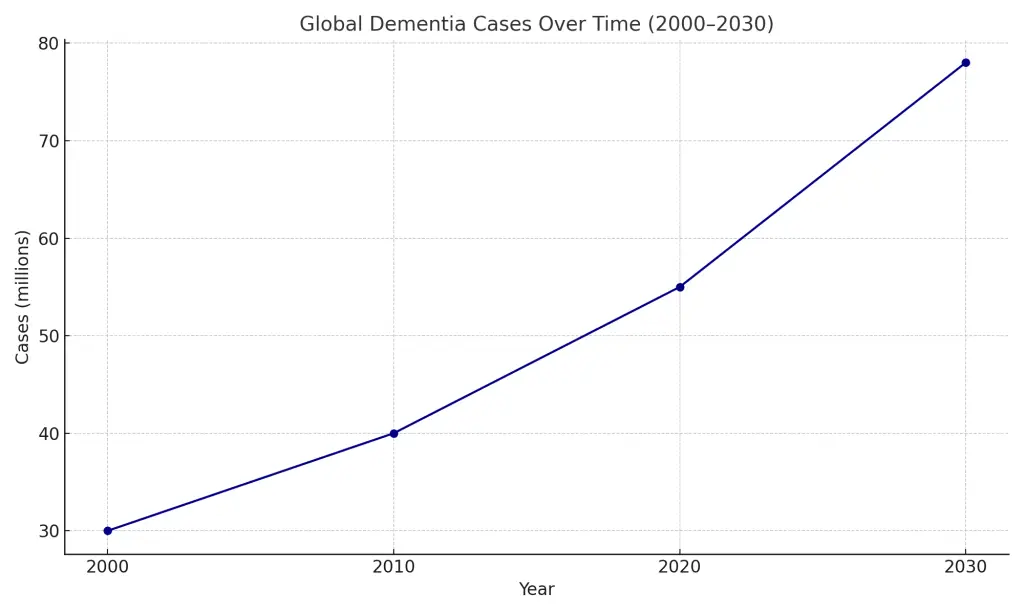Cognitive Health: Why It Matters for Your Body and Brain
Last Updated on May 9, 2025 by Alex Demn
Cognitive health refers to the ability to think clearly, learn, and remember — fundamental functions that allow us to live independently and perform everyday tasks. As research increasingly shows, maintaining cognitive health isn’t just about the brain; it profoundly affects the entire human body.
The Brain-Body Connection
Your brain controls nearly every function in the body, from regulating heartbeat to coordinating movement and processing emotions. When cognitive health declines — whether due to aging, chronic stress, or disease — the effects ripple through the body:
- Memory and thinking skills weaken, leading to forgetfulness, poor decision-making, and reduced problem-solving ability.
- Physical coordination declines, increasing the risk of falls and injuries.
- Mental health suffers, often contributing to anxiety and depression, which can further compromise physical health.
Key Statistics on Cognitive Health

- According to the World Health Organization (WHO), over 55 million people worldwide live with dementia, and this number is projected to rise to 78 million by 2030.
- The Centers for Disease Control and Prevention (CDC) reports that about 11% of adults over 45 experience subjective cognitive decline (SCD), meaning they notice worsening memory or confusion.
(Suggested graph: Line chart showing rising global dementia cases from 2000 to 2030; pie chart showing percentage of adults reporting SCD by age group.)

Factors That Affect Cognitive Health
- Physical Activity: Regular exercise improves blood flow to the brain, supports neuron growth, and reduces inflammation.
- Nutrition: Diets rich in omega-3 fatty acids, antioxidants, and vitamins — such as the Mediterranean diet — are linked to better brain health.
- Sleep: Poor sleep impairs memory consolidation and toxin removal in the brain.
- Mental Stimulation: Activities like reading, puzzles, or learning a new language help build cognitive reserve.
- Social Connection: Regular social interaction lowers the risk of cognitive decline.
How Cognitive Health Affects the Body
When cognitive health deteriorates, physical health often follows. For example, people with mild cognitive impairment (MCI) are at increased risk for falls, medication mismanagement, and poor nutrition. Stress and poor mental wellness can elevate cortisol, contributing to high blood pressure, weakened immunity, and weight gain.
Conversely, protecting your cognitive health can improve balance, reaction time, and overall well-being — leading to a longer, more independent life.
Tips to Boost Cognitive Health
- Exercise at least 150 minutes per week.
- Eat brain-friendly foods like salmon, walnuts, berries, and leafy greens.
- Get 7–9 hours of quality sleep each night.
- Stay mentally active — try crosswords, chess, or learning new skills.
- Maintain strong social ties and manage stress through mindfulness or meditation.
Explore More on Our Site
- How Exercise Transforms Brain Health
- Best Foods for a Healthy Brain
- Top Mindfulness Techniques for Stress Relief
Helpful External Resources
Final Thoughts
Cognitive health is the cornerstone of total wellness. By caring for your brain, you’re not just sharpening your mind — you’re strengthening your entire body. Make cognitive health a priority today for a healthier, happier tomorrow.